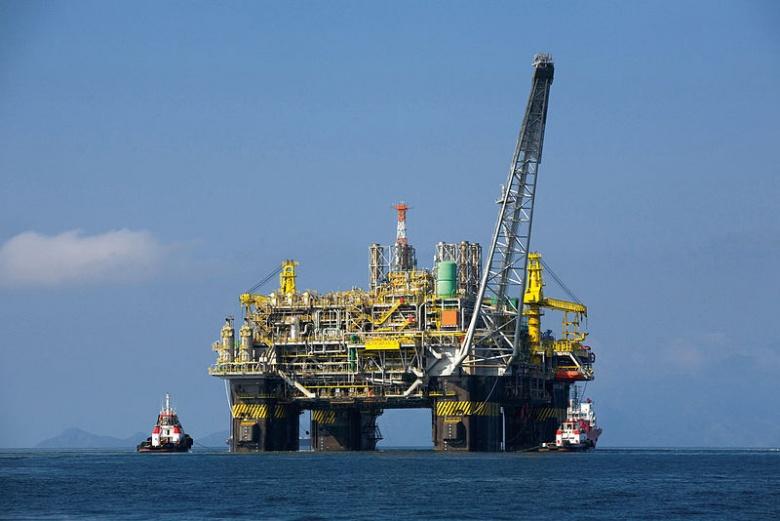Bidders for Somali oil should hold back until a new government is formed

By Marian Harbi
International Oil and Gas Companies and any other investment entities need to hold back their investments in the Oil and Gas sector in Somalia due to the current constitutional crisis and the growing violence in Mogadishu. Capital investment in the oil and gas sector in Somalia will be at great risk to say the least, and it might not be recognised by any upcoming government in the country after the elections.
Somalia politically is in a transitional period, and the current electoral and constitutional crisis puts the country in a difficult place considering the help and support it receives from the international community and the United Nations. The president’s mandate ended on February 8th 2021 without any proper electoral agreements. However, on the 18th of September 2020, an indirect Electoral Model Agreement was reached between the Federal Member States (Galmudug, Puntland, Jubbaland, HirShabelle and South West) and Federal Government in Dhusamareeb, Galmudug.
Source of controversy
The model was approved by the Federal Parliament and recognised by the international community, Somali stakeholders, and political parties and civil society. Nonetheless, the political consensus has not been implemented by the FGS and it was heavily criticized by the Council of Presidential Candidates on grounds that the process lacks a fair share of participation and inclusion, transparency, and accountability needed for the election process across the country.
According to the electoral agenda, the Members of the two houses of the Federal Parliament were supposed to be selected by the end of December 2020, which would subsequently elect a new President in February 2021. Thus, nominations to the electoral management bodies were several weeks late at the time, and they are still a source of controversy. This was exacerbated by FGS’ attempts to install its preferred candidates in regional legislatures, which observers interpreted as Farmaajo’s manoeuvres for a second term.
Farmaajo appointed Mohamed Roble as new Prime Minister in September with the perceived understanding that he would shepherd the country through a transition. However, the new government faced a difficult task in guiding the country through the electoral process, and the reform agenda across the political, security, and economic spectrums.
Former PM Omar Sharma’arke contended in a media interview recently that Somalia had not experienced such a situation in recent years. “In the past four years,” Sharma’arke said, Somali has suffered a culture of ‘let it be defeated.’
Overall, in the past four years, the Somali Federal Government made little progress on security and judicial reforms, while civilians were exposed to conflict-related abuses, insecurity, and the humanitarian crisis. It has made some progress on economic reforms, including its national development plan albeit without any implementations.
Warning of the dangers of confidential deals related to oil Exploration and Production in Somalia.
In January 2021, the CPC warned that the Federal Government of Somalia (FGS) cannot enter into an oil exploration and production agreement that does not comply with resource regulations and the system of international oil exploration agreements. The Council added that the successful FGS debt relief program agreement includes an article that declares that FGS cannot sign any oil and gas agreement with IOCs or any other foreign entities due to the debt relief.
FGS has pressed hard for oil and gas exploration and licencing to be permitted, with an ongoing auction that started from August 2020. The establishment of the Somalia Petroleum Agency (SPA) and key government appointments have occurred, but they have sparked controversy because they are in breach of the provisional constitution. Seismic surveys have indicated that Somalia has enormous oil and gas resources.
Under Farmaajo, divisions in Somalia have worsened. In 2012 and 2016, Somalia’s elections were extended without major political repercussions. However, the people of Somalia fear that this time will be different because of the deep lack of certainty between the outgoing administration, the Federal Member States and The Council of Presidential candidates.
Bidders in making their own evaluations of the Contract Areas and the opportunity to explore, develop and produce petroleum in Somalia are advised to withhold their investments regarding the opportunity to explore, develop and produce oil and gas in Somalia. The Bidders are advised to wait until Somalia is in a stable place and new government is formed.
This information has been prepared in a good faith, simply because Somalia is in a fragile stage, and IOCs must not take advantage of its situation for quick gains. Otherwise, contracts entered into at this time will likely attract needless constitutional and political debates that could be avoided by holding off till a new government is formed. There is no doubt that legitimacy is an important aspect of contracting and investing in oil and gas operations, which are long term.
The author holds an LLM Oil & Gas Law, BSc (Hons) Oil and #Gas Management.
She can be reached via: [email protected]